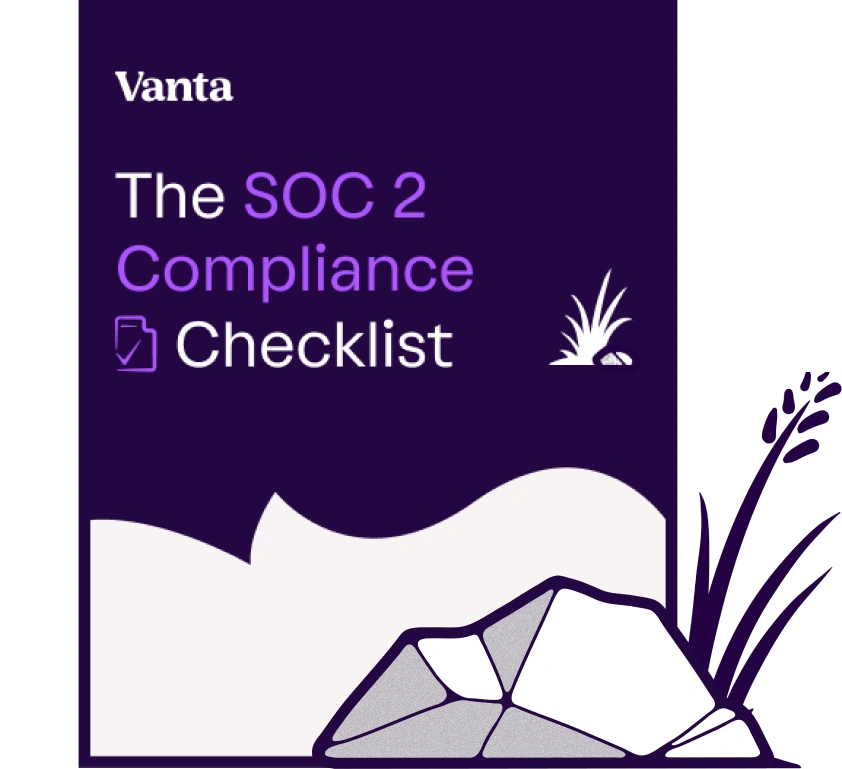
What is the NIST Cybersecurity Framework (CSF)?
NIST is a federal agency within the US Department of Commerce that creates guidelines, frameworks, and policies that support innovation in science and technology. It was created in response to Presidential Executive Order 13636, The National Institute of Standards and Technology (NIST) created a Cybersecurity Framework (CSF) in 2014.
The NIST Cybersecurity Framework provides guidance to organizations on how to mitigate, handle, and monitor security threats. Only federal agencies and their vendors, contractors, and partners are mandated to comply with NIST CSF.
Many private organizations voluntarily implement NIST CSF principles into their compliance and security programs. Self-attestation does not require an audit, and there is no accrediting body that awards certificates for compliance.
NIST CSF is based on five core functions intended to holistically safeguard organizations from security risks.
- Identify: Develop an understanding of possible security risks as they relate to a company’s people, processes, and technology.
- Protect: Establish cybersecurity protocols and principles that actively and passively defend a company’s infrastructure from security breaches.
- Detect: Continuously monitor a company’s infrastructure for anomalous events, malicious activity, and system weaknesses.
- Respond: Ensure a proper response strategy that effectively eliminates a security threat while also keeping company production on track.
- Recover: Maintain the integrity of all systems so that a company’s people, processes, and technologies can return to a stronger, more efficient state of operations.
{{cta_simple3="/cta-modules"}}












.png)


.png)


.svg)
.svg)


